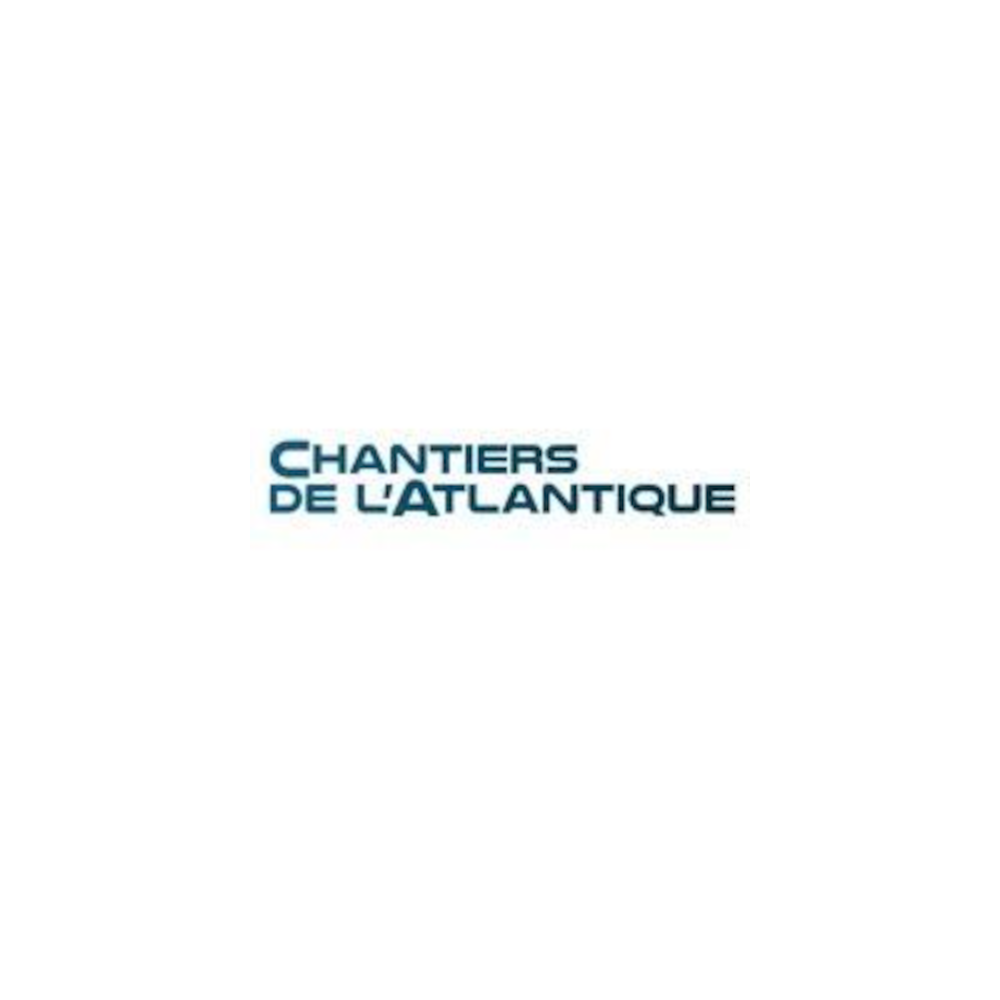IRT Jules Verne
January 2014
€19 million
Goal
The aim of FORCE is to develop a carbon fibre that is 40% less expensive than the polyacrylonitrile fibres used mainly in industry, and that is compatible with the economic challenges of the automotive and transport sectors, leisure activities and energy (wind turbine blades, hydrogen tanks, etc.).
To drastically reduce the cost of carbon fibre, the FORCE project teams have turned to alternative, biosourced or recycled materials, such as biomass derivatives or used textiles.
The biosourced carbon fibre developed by the FORCE project offers excellent results in terms of mechanical performance. The first spools of this innovative fibre have come off the spinning and carbonisation pilot lines installed at Lacq and co-financed by the Conseil Régional de Nouvelle-Aquitaine.
Industrial impact :
– Reduced CO2 emissions for the automotive and sports and leisure industries
– Wider use of carbon fibre
– Creation of a new French carbon fibre production sector
FORCE
Car manufacturers are obliged to reduce the CO2 emissions of the vehicles they produce. The development of composite parts in the composition of a vehicle should help to achieve these objectives.
With this in mind, the FORCE project, which brings together a consortium of major industrial and academic players (Arkema, CANOE, CEA, Les Chantiers de l’Atlantique, Décathlon, Faurecia, IRT Jules Verne, Mersen, PSA, Renault and, as of 1 July 2020, Airbus, Nippon Electric Glass and Safran), aims to prepare the next generation of carbon fibre and give rise to a low-cost, bio-based carbon fibre production industry in France. Launched in 2014 and led by the IRT Jules Verne, the project will run until the end of 2023.
Partners













